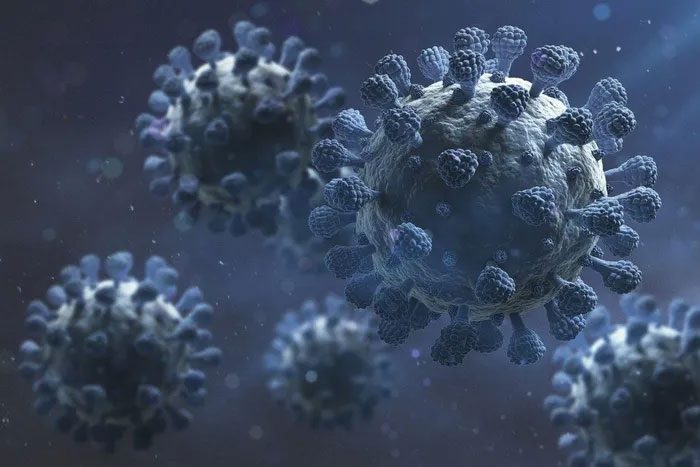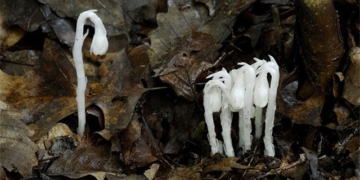A research team in China claims to have developed a new antibody that can neutralize Omicron and other future variants of SARS-CoV-2.
Professor Huang Jinghe at Fudan University in Shanghai announced on March 1 that she and her colleagues accidentally discovered the “God-given” antibody for COVID-19 variants while researching another disease. She confidently stated that this unexpected finding would give humanity a step forward in the race against the pandemic.
The South China Morning Post (SCMP) reported that this new antibody is synthesized from components of two different antibodies produced by human immune cells. When used in their natural form, these antibodies are unable to kill the Omicron variant of the SARS-CoV-2 virus.

Antibody treatment plays a crucial role in the fight against COVID-19. (Illustrative image: Getty Images)
However, the human-engineered version breaks through Omicron’s defenses, utilizing what Huang describes as a series of “combination strikes.”
Huang Jinghe’s team and collaborators at the National Clinical Research Center for Respiratory Diseases in Guangzhou developed eight powerful antibodies in a short time using this new method.
“Very few antibodies can neutralize Omicron worldwide. I feel as if I have been blessed by heaven,” she said. Her team recently published their research findings on the scientific data-sharing platform Biorxiv.
“This is a very significant new discovery,” commented Professor Wen Yumei, Director of the Pathogenic Microbiology Institute at Fudan.
Antibody treatment for patients has played a crucial role in the fight against the pandemic. Millions of Americans have been treated with monoclonal antibody drugs produced by Regeneron and Eli Lilly.
The U.S. Food and Drug Administration (FDA) revoked the emergency authorization for these drugs last month because they are no longer effective against Omicron. This variant is believed to have a higher transmission capability compared to other SARS-CoV-2 strains.
Last week, a research team from Washington University School of Medicine in Seattle also reported discovering an antibody against Omicron. However, the number of candidates with potential to develop into drugs remains scarce compared to those from previous outbreaks.
Huang explained that her team’s discovery is surprising because the dual-specific antibody technology—capable of binding to two antigens—they used was not developed for Omicron but for another infectious disease. “It worked quite well, so we tried it on COVID-19,” she said.
Combining different natural antibodies is not easy, so researchers had to experiment with various combinations.
After many failures, they obtained ten artificial antibodies that are only slightly larger than a typical natural antibody.
Eight of these antibodies can attack Omicron and several other variants through a surprisingly complex series of steps. For example, after binding to the virus’s spike protein with one end, the antibody uses the other end to attack the surface of the spike, expanding the contact area so that more antibodies can bind to the virus.
Huang and her colleagues noted that the components taken from different natural antibodies collaborate in the process of neutralizing Omicron. They tested these antibodies against an Omicron variant with new mutations designed to evade immune attacks and found they were also effective.
Dual-specific antibodies can also neutralize earlier Corona strains such as Delta and SARS (Severe Acute Respiratory Syndrome), including some strains that live on bats. According to the researchers, the results indicate that these new antibodies have significant potential to combat future variants.
For over two years, the scientific community has struggled to keep pace with the SARS-CoV-2 virus as treatment methods have lagged behind new mutations.
Huang Jinghe stated that with this new approach, we can better cope with waves of new mutations. She mentioned that the eight antibodies they developed might only be the tip of the iceberg.
Since the pandemic began, researchers worldwide have discovered a large number of antibodies that neutralize the virus. However, there are growing concerns that Omicron could “sweep” all these efforts into the trash.
Professor Huang noted that their method could turn these natural antibodies into a powerful arsenal to support the fight against the pandemic. The new antibodies could be produced using a standardized method, making large-scale production easier.



















































